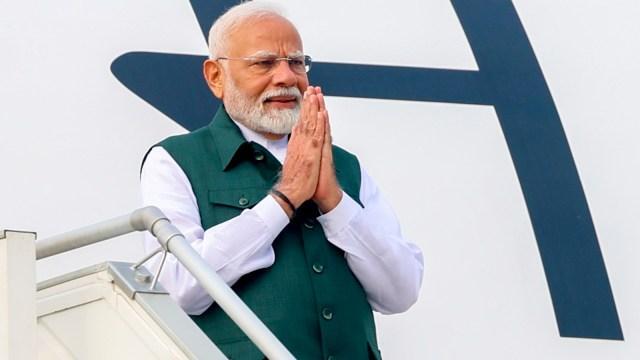
Ashu & 2 Others Resign as Congress Loses Ludhiana West Bypoll
The Congress party in Punjab suffered a major setback as it lost the Ludhiana West bypoll, held on October 30. The party’s candidate, Bharat Bhushan Ashu, took responsibility for the loss and resigned from the Working President post of the Punjab Pradesh Congress Committee (PPCC). Ashu was accompanied by two other senior party leaders, MLA Pargat Singh and former MLA Kushaldeep Singh (Kikki Dhillon), who are also PPCC’s vice presidents. They stood by Ashu during the campaign and resigned in solidarity.
Ashu, who was contesting the bypoll as the Congress candidate, expressed his disappointment and took responsibility for the party’s loss. In a statement, he said, “I am taking the responsibility for the loss. I have resigned from the post of Working President of PPCC. I am sorry that I could not win the bypoll despite the efforts of my team.”
Pargat Singh and Kushaldeep Singh also resigned from their posts as PPCC’s vice presidents. They had actively campaigned for Ashu and were expected to play key roles in the party’s future. Their resignation is a significant setback for the Congress party in Punjab, which is already reeling under the pressure of the ongoing political crisis in the state.
The Ludhiana West bypoll was a closely watched contest, with the Congress party pitted against the Aam Aadmi Party (AAP) and the Shiromani Akali Dal (SAD). The AAP had fielded former Congress MLA, Simarjit Singh Bains, who had defected to the AAP earlier this year. The SAD had fielded its candidate, Karan Kaur.
The bypoll was seen as a test of the party’s strength in the state, particularly in the urban areas. The Congress party had been struggling to regain its lost ground in Punjab, and the bypoll was seen as an opportunity to revive its fortunes. However, the party’s loss has dealt a significant blow to its morale and has raised questions about its ability to win elections in the state.
The reasons behind the Congress party’s loss are complex and multifaceted. The party’s leadership has been criticized for its inability to connect with the voters and for its failure to address the basic issues facing the people of Punjab. The party’s candidate, Ashu, was accused of being out of touch with the people and of being more interested in promoting his own image than in addressing the issues facing the constituency.
The AAP, on the other hand, had campaigned aggressively on issues such as corruption and the failure of the Congress party to deliver on its promises. The party’s candidate, Simarjit Singh Bains, had promised to work for the people of Ludhiana West and to address their grievances. The AAP’s campaign was seen as more energetic and more focused on the issues facing the people, which helped it to win the bypoll.
The SAD, which had fielded its candidate, Karan Kaur, had also campaigned aggressively on issues such as corruption and the failure of the Congress party to deliver on its promises. The party’s campaign was seen as more religious-oriented, with a focus on issues such as the construction of the Kartarpur Corridor and the provision of free langar to the people.
The Congress party’s loss in the Ludhiana West bypoll is a significant setback for the party, which is already reeling under the pressure of the ongoing political crisis in the state. The party’s leadership has been criticized for its inability to connect with the voters and for its failure to address the basic issues facing the people of Punjab. The resignation of Ashu, Pargat Singh, and Kushaldeep Singh is a significant blow to the party’s morale and has raised questions about its ability to win elections in the state.
In conclusion, the Congress party’s loss in the Ludhiana West bypoll is a significant setback for the party, which is already reeling under the pressure of the ongoing political crisis in the state. The resignation of Ashu, Pargat Singh, and Kushaldeep Singh is a significant blow to the party’s morale and has raised questions about its ability to win elections in the state. The party’s leadership has been criticized for its inability to connect with the voters and for its failure to address the basic issues facing the people of Punjab. The party’s future in the state is uncertain, and it remains to be seen how it will recover from this setback.






